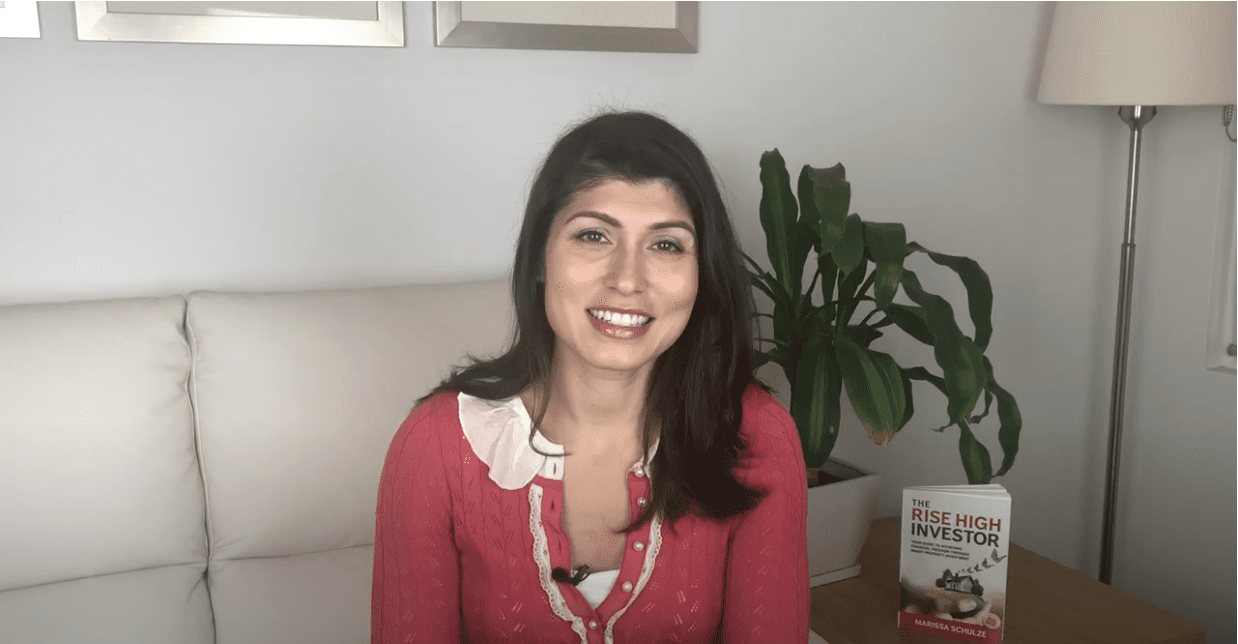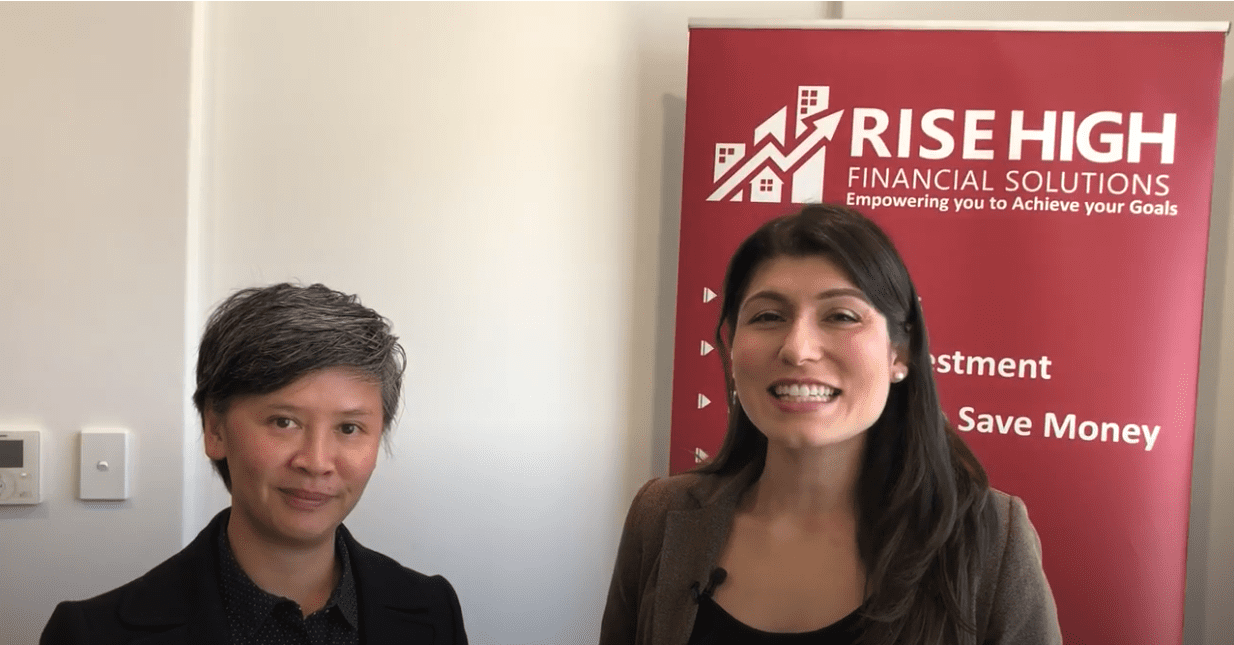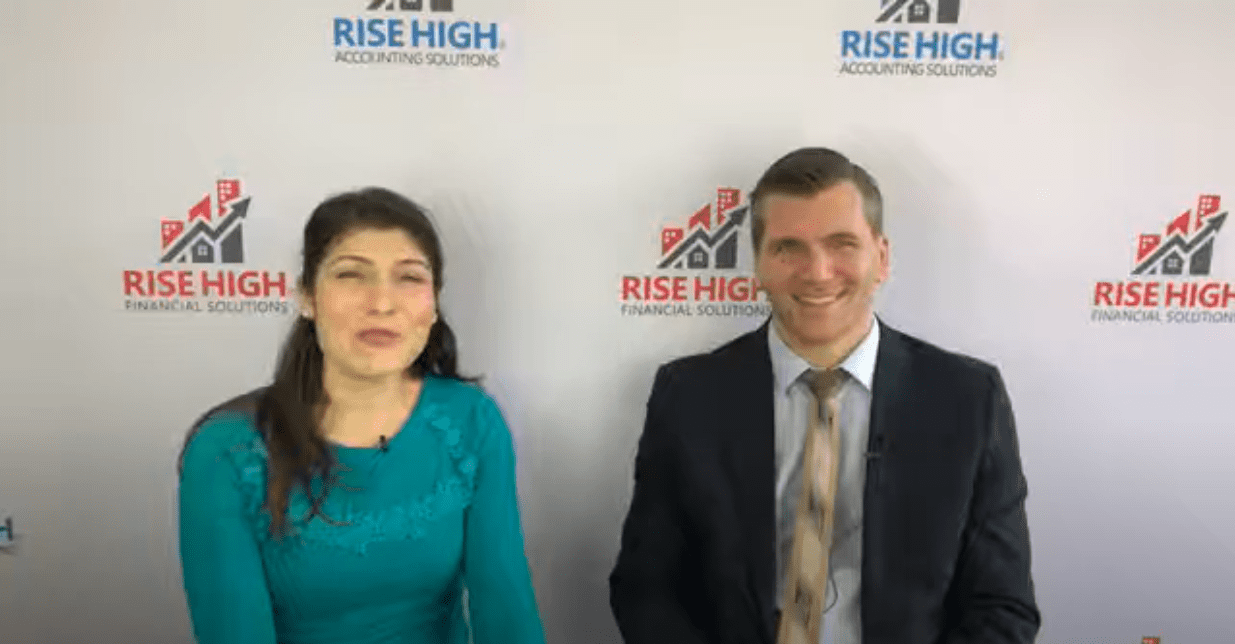What is going on with interest rates and how high will they get? This is one of the top questions our brokers get on a daily basis, and rightly so!
Today, we are here to share with you our best insights on this and other frequently asked questions, so you can get a clear picture of the current environment, and make the right decisions when it comes to planning!
Firstly, a bit of background on the current interest rate rises and their environment
If you have an existing home loan or investment property loan (or have been hunting the market to get one), it is highly likely that you are experiencing a bit of a pinch at the moment and are very aware that interest rates are going up!
But, what is actually behind an ongoing interest rate increase? The answer comes down to two main factors: Inflation and unemployment rates.
At the very beginning of 2022, both were standing at historically low levels and there was talk amongst the reserve bank that interest rate rises were not being forecasted until 2024. Unfortunately, us Australians, partied too hard for too long on really low interest rates and the thought of unlimited liquidity. Then we had COVID, the Ukraine conflict, and now Australians are really paying the price for that government policy with one BIG inflation headache.
What has been really surprising about the recent rate increases, is how rapidly and aggressively they have taken place. When we look back at previous rate rises historically, it has happened at a much slower pace.
Back in 2009, during the last rate cycle of increases we saw, rates went up by 1.75% over a 12-month period. Fast-forward to this year, we have experienced that same 1.75 increase, over a 4-month period.
What can we expect moving forward?
Although having an exact prediction of what will be happening with interest rates is unfeasible, the fact that this is such a hot topic and is being looked into and discussed extensively by lots of economists can provide us with some guidance on what we can expect moving forward.
Bank economists are predicting a cash rate of between about 2.85% – 3.6% which translates to mortgage rates on your home loan of around 5.3% – 6.1%. Since these rates would be applicable to owner-occupied homes, property investors would be looking to pay above these, plus interest-only and additional premium on top of that.
When taking into consideration the predictions of the big banks, Commonwealth bank is expecting the cash rate to peak at 2.85% by November this year, and Westpac is expecting cash rates to reach the 3.6% mark around February next year.
The Reserve Bank of Australia has also mentioned that inflation will be heading towards 7% and rate rises will continue to occur until that level gets back down. Realistically, until Australians stop spending, inflation will continue to be tackled aggressively through rate rises that can be expected to slow down as the changes made in the last 4 months start to filter through.
Some other news we have recently heard around this topic mentions that Australians should expect the cash rate to be equivalent to their inflation goal. When we look at an inflation target around 2% – 3%, we should consequently expect our long-term cash rate to sit around that measure. Since cash rates have been so low for such a long period of time, we almost need the cash rate to stand over 3% for a while in order to have that long-term average.
Top tips for existing mortgage owners!
-
Work on your own budget
It is so important to keep track of where your money is going, and yet, so many Australians bypass doing so! Having a clear understanding of where your money is going and if there are any areas can pull-back can make all the difference.
Making a bit of a budget and consistently looking to follow through is definitely the best starting point to navigate this rate-rising environment!
At Rise High, one of the things we can offer as a free-value add service available to all clients is taking a closer look at your bank statements on your behalf, and categorizing your spending so you can understand your current spending habits. You can enquire more about this and any of our services here.
-
Get in touch with your Rise High broker!
As your trusted finance partner, there are a couple of things we can do for you on the mortgage side of things. That is, we can have a chat with your existing bank and put pressure on to see if we can get some more competitive rates.
A lot of people get a mortgage and then just forget about it for the next 5-10 years, but there is always some room for movement with your existing lender. Here at Rise High, this is something we actively look into, making sure we review your loan every 12 months to ensure your rate constantly remains competitive.
Alternatively, we can also keep you informed about more competitive options other lenders might have, allowing you to always have access to the best options.
-
Consider fixing in your mortgage
Fixing in your mortgage or locking it in at a specific rate, can also help you stay safe from any upcoming rate rises. Whether you consider fixing in the entire loan or considering a split loan and just having a portion fixed, this will help relieve a bit of the pressure that we are continuously feeling as rates just keep creeping up on us and squeezing our budgets.
Keen to learn the pros and cons of fixed vs variable rates? Make sure you check our blog!
When choosing to fix, it is important that you keep in mind that fixed interest rates already have the expected rate rises built into the rates offered. As such, these are not about out-betting the market but instead having stability and certainty on what your repayments will be.
The price you pay for fixing will often translate into greater ease when it comes to budgeting and planning. Your dedicated Rise high broker can help you assess whether this may be the best option for you!
Tips for people looking to get into the market
-
Stay in touch with your broker and get a pre-approval
As interest rates rise, the amount you can borrow as your maximum loan size is going to reduce.
In the current lending environment, having a really great mortgage broker, obtaining a pre-approval so you can have a clear picture of how much you can borrow, and being in constant communication with your broker are the main things you should keep in mind.
If you are looking to purchase something at the absolute maximum of your purchase capacity, it is extremely important that you constantly check in with your mortgage broker before bidding at an auction or placing an offer on a property. As rate rises continue to occur, the amount you can borrow can rapidly shift and change, making it vital for you to keep an eye out so you are only committing to purchasing what you can actually afford.
-
-
Why does your borrowing capacity reduce as interest rate rises occur and what are the banks looking for?
-
When you do get a pre-approval, you have your income coming in and your expenses (and other liabilities, such as servicing your credit cards) coming out. Out of these, the money you have left over at the end of the day is what you can put towards servicing your mortgage.
The amount of the mortgage that you can service is based on an interest rate. As a result, if your interest rate increases, the amount you have left over reduces affecting how much you can ultimately borrow.
On top of this, your bank will also apply a buffer above the interest rate at the moment of assessment. So even though you might feel that you can comfortably afford the interest rates where they are at now, this buffer will affect your borrowing capacity to ensure you can still afford to do so if interest rates happen to go up.
Our team at Rise High is always happy to guide you through this process and ensure your borrowing capacity is at its maximum level! Alternatively, our Rise High TV channel is also full of great content to educate and empower you throughout the journey!
If you are looking to get a mortgage loan for your new home or property investment, or even just looking to refinance, consolidate your debts, or find ways to get ahead financially please leave your details below! Our team will gladly get in touch with you shortly!




